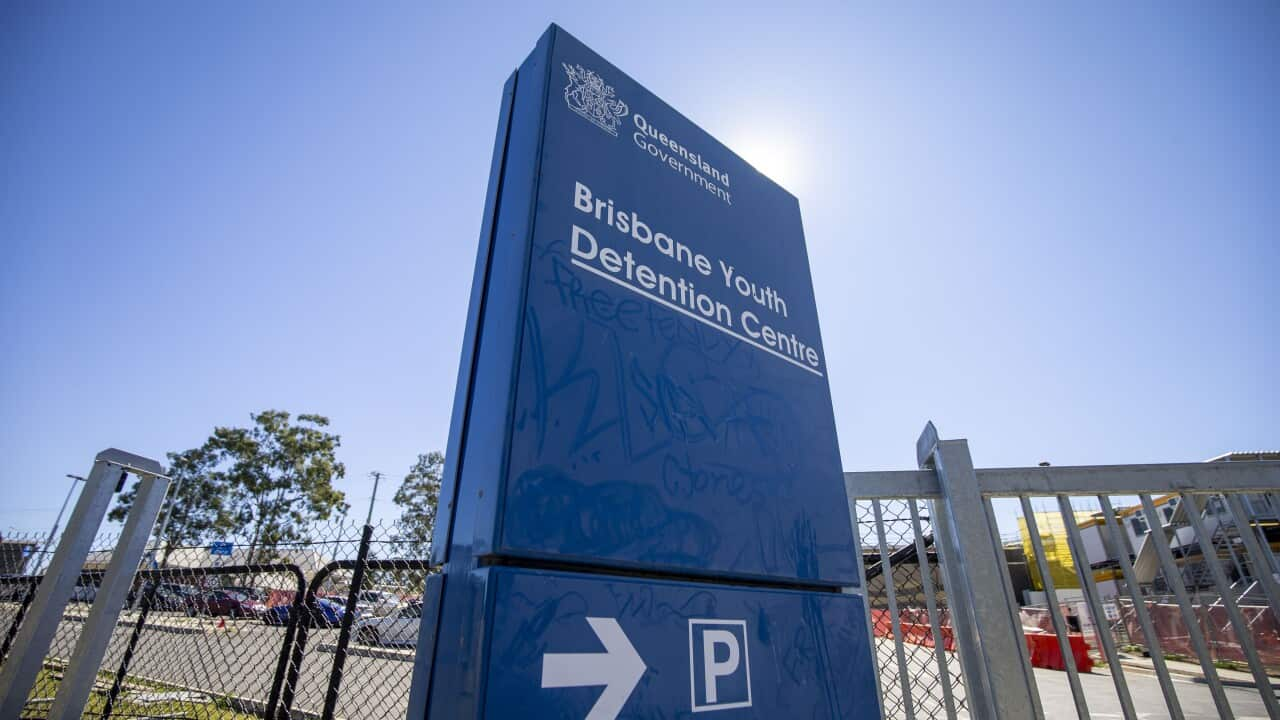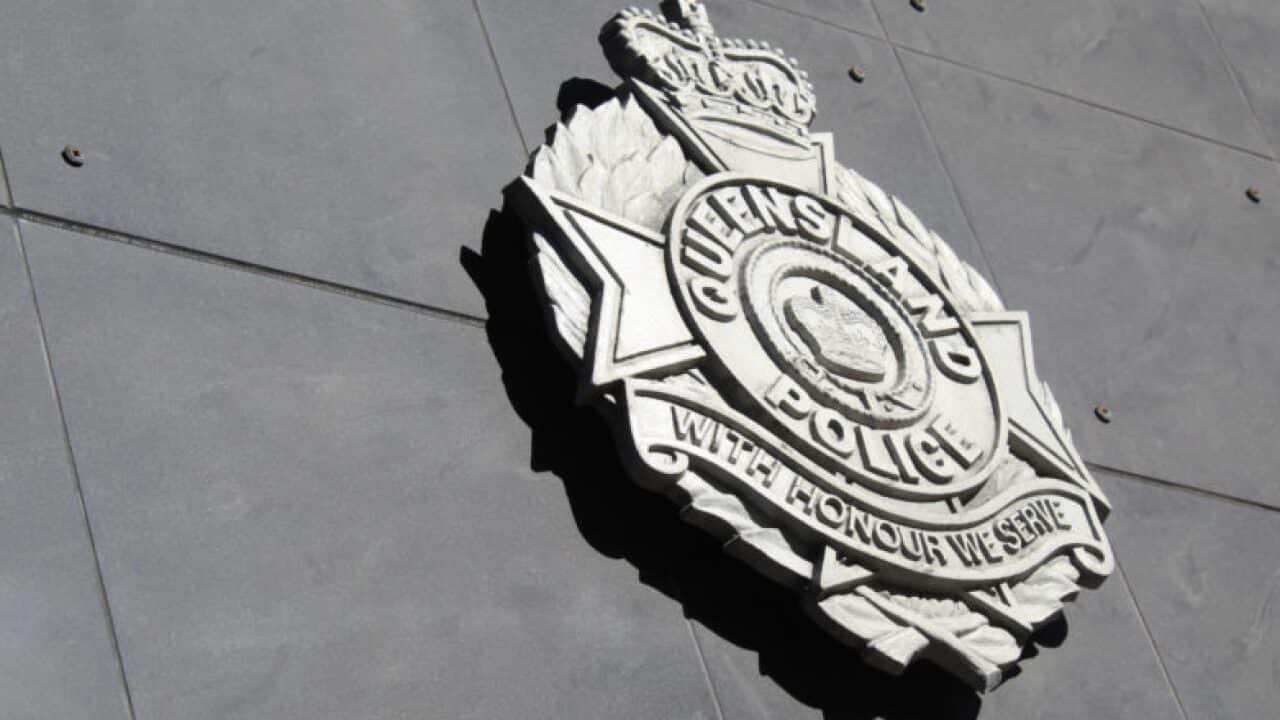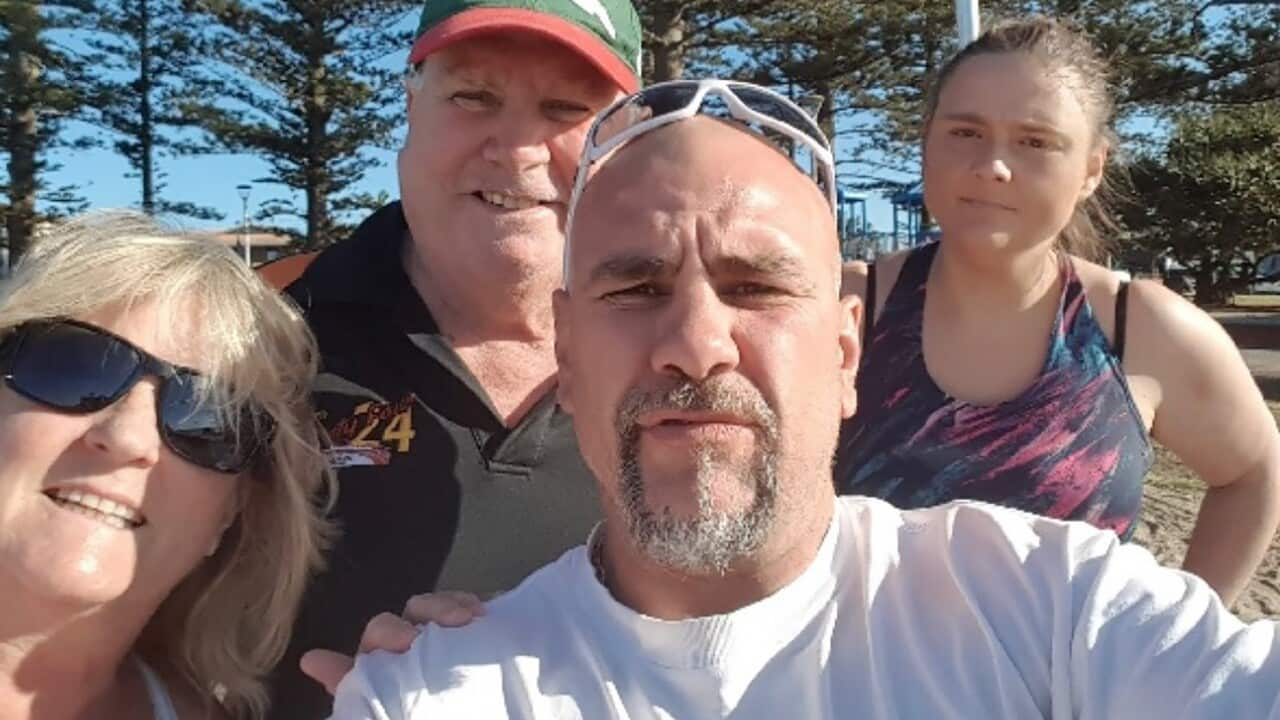Human rights advocates have called on the Queensland government to examine the social determinants of why youth offend, rather than remaining “fixated on the punitive responses”.
It follows an announcement by Queensland premier Annastacia Palaszczuk last month that the government is “looking at expanding youth justice detention”, with $500 million on the table for a new youth prison in Cairns.
Director of the Institute for Collaborative Race Research, Kevin Yow Yeh told NITV News another detention centre would not solve issues of youth violence.
“We know that the idea of a fourth youth detention centre here in so called Queensland is not only problematic, but it [goes] against what the research tells us about this space,” he said.
“Who's going to fill that [detention centre]? It’s going to be Black kids.”
Detention centres a 'knee-jerk reaction'

The rate of incarceration for Aboriginal and Torres Strait Islander children is 33 times the rate of non-Indigenous children. Source: Getty, Moment RF / Getty Images/Moment RF
Aboriginal and Torres Strait Islander youth currently make up 62 per cent of the youth detention population, despite making up just 4.6 per cent of the general population.
The report says the average cost per young person per day in Queensland’s prisons is $1,880 - equivalent to $686,127 per year.
It is also critical of youth detention centres not being conducive to rehabilitation.
Mr Yow Yeh said Queensland's political class needed to look "upstream" to the root causes of offending.
“Any conversation about youth detention or youth offending that doesn't look at the contributing factors that bring young people into contact with the law in the first instance, is all smoke and mirrors," he said.
“Politicians refusing to go upstream, and instead build more detention centres as if they work, is very much a knee jerk reaction in responding to community outcries.”
'No reframing of the relationship'
In August this year the Queensland government announced a First Nations Treaty Institute and a Truth Telling and Healing inquiry as part of its “Path to Treaty”.
But some have questioned how the government can engage in treaty talks when it continues to lock up Indigenous adults and children at an alarming rate.
What we're seeing is a reinforcing of the colonial relationshipProfessor Chelsea Watego
“The government’s tracks to treaty claim to be reframing the relationship between the state and Aboriginal and Torres Strait Islander people,” said Chelsea Watego, a professor of Indigenous Health at Queensland University of Technology
“Now we see with [Annastacia Palaszczuk's] plans to build a youth prison in Cairns, which we know is targeted at housing our kids - there's no reframing of the relationship.
“In fact, what we're seeing is a reinforcing of the colonial relationship and the police have been key agents in that."
“This is a matter of life and death for Blackfullas … if we think about the history of policing in this state and its function, it has been the target to brutalise Blackfullas.”
In a press conference today the Premier Annastacia Palaszczuk defended the $500 million investment in youth crime.
“We are taking direct action,” Palaszczuk says.
“I don't think any other government has put $500 million [towards youth crime]. This is all about not just detention facilities, it's actually about pathways for young people to get rehabilitated.
“The best way to break that cycle of crime is to get a job, but in some instances for community safety there has to be an additional measure.
“I don't make those decisions, the courts make those decisions. And if the courts sentence a young person to detention that is a decision of the courts. We give the courts the laws and the courts are actually utilizing those laws.”




